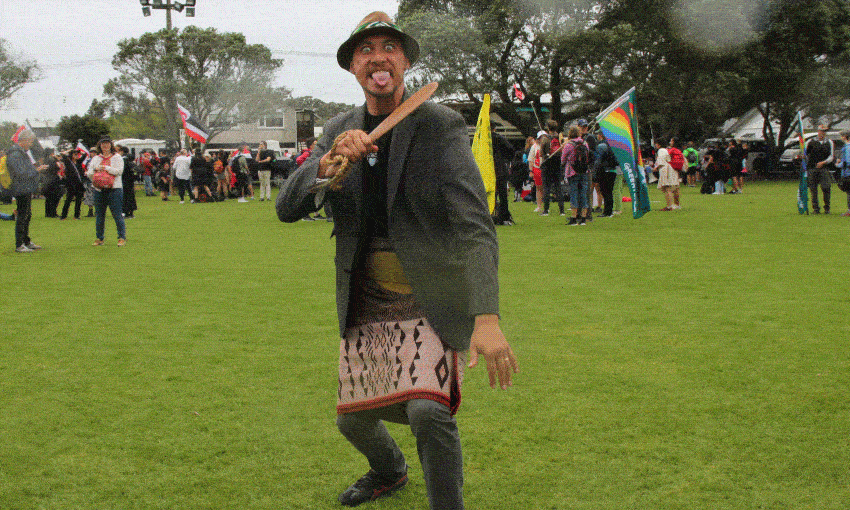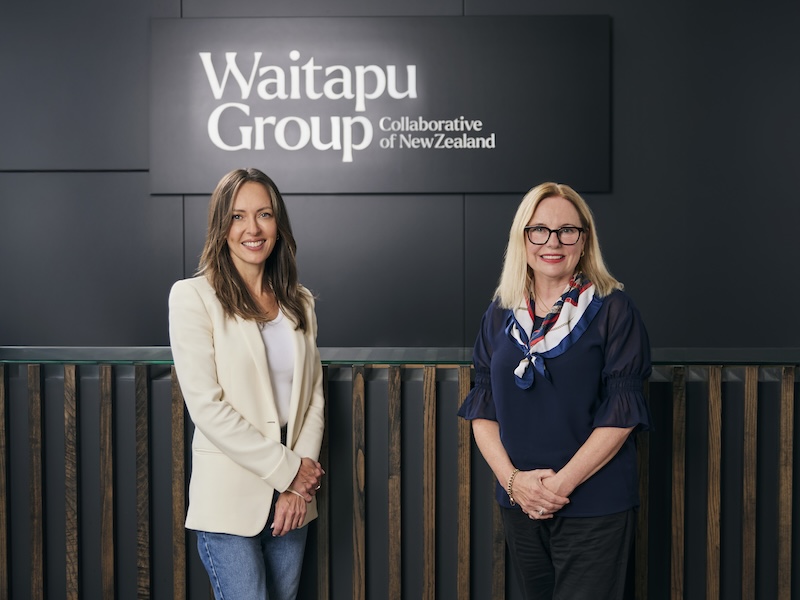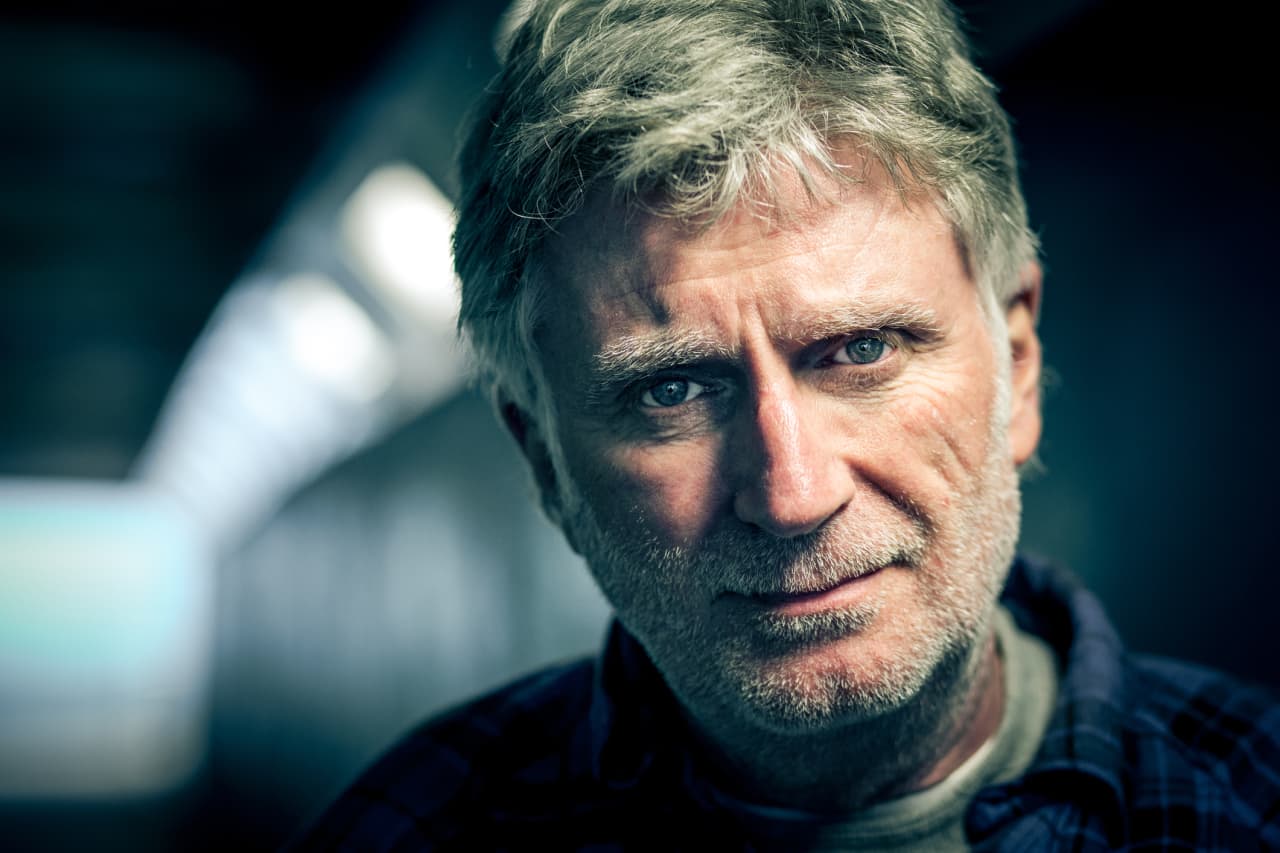Kantar Public New Zealand’s research into youth and porn has won gold at the 2022 global ESOMAR research effectiveness awards, the top award for the industry, presented in Toronto earlier this week.
The research was a partnership with Kantar Public’s client, the New Zealand government agency Te Mana Whakaatu – Classification Office headed by the Chief Censor, and the Collaborative Trust which ensures people working with young people have access to high quality information about healthy youth development relevant to rangatahi in Aotearoa New Zealand.
The research informed a number of projects that support young people, parents, teachers, health care workers and those working with youth to change the conversation around pornography using a youth centred approach.
Kantar Public New Zealand Co-Managing Director Jocelyn Rout says this gold award shows the research we’re doing in New Zealand is up with the best in the world. The ESOMAR awards attracted over 50 entries from more than 20 countries.
Te Mana Whakaatu – Classification Office and Ministry of Education collaborated using the research to create a resource Ka huri I te korero – Changing the conversations around pornography that supports teachers to talk about pornography with young people when delivering relationships and sexuality education.
The Ministry of Education also used the research to update the curriculum guidelines for relationship and sexuality education and created an online safer digital behaviours tool that was successfully piloted in over 1,000 schools to develop critical thinking in nine to 12-year olds. These teaching tools enable New Zealand children and young people to have constructive conversations about what they see.
The research informed the internationally acclaimed Keep it Real Online viral porn advert featuring two actors playing fake porn stars who turn up to an unsuspecting teenage boy’s house. This advert received more than 22 million views and attracted global media attention with stories in the BBC, Guardian, New York Post and Fox News.
Rout says the Keep it Real Online advert was the publicly visible tip of the iceberg of how the research has been applied to to break down the taboos around talking about youth and porn – the goal set by David Shanks, then Chief Censor, when he commissioned the research in 2018.
“Our research also played a key role in sexual and public health experts, the Light Project, securing funding to deliver a national youth and porn stakeholder response in New Zealand. This included training workshops, resources, tools and pathways of care for a wide range of services that work with youth. The Light Project also used the research insights to develop a website www.intheknow.co.nz to help teens navigate the porn landscape, and resources to help adults have safe conversations with kids about porn.”
The three phases of the research were a nationwide survey of more than 2,000 14 to 17 year olds conducted by Kantar Public, content analysis of the 196 most watched porn videos conducted monby Te Mana Whakaatu – Classification Office and 52 qualitative interviews of 14-17 year olds by The Collaborative Trust. Extensive consultation with subject experts and a literature review helped shape the research design.
Classification Office Research Lead Henry Talbot said the unique value of the research lay in its direct engagement with young people. “Reports and articles we’d seen often came from an adult perspective and so didn’t necessarily reflect young people’s own experience and views about porn. So we decided to put young people front and centre of the debate – and given the opportunity they didn’t hold back.”
Rout says this research illustrates what can be achieved when we put the youth voice at the forefront of policy that impacts them. “When we authentically engage with young people in a safe environment, they will reciprocate with extraordinary candor and insight.
“This research has led to a more consistent and comprehensive approach to education on porn both inside and outside of the classroom, as well as the development of critical thinking skills in younger children as they navigate the digital environment.
“Extensive national workforce development on porn literacy for services working with youth has been rolled out. Conversations between teens and adults in the home have been aided by new tools and resources, and the internationally acclaimed viral porn commercial from the Keep it Real Online campaign.”





















Discussion about this post